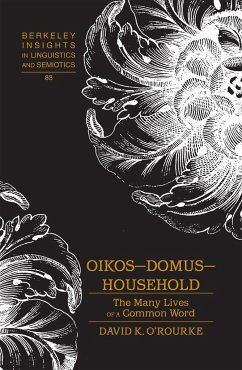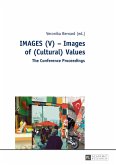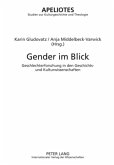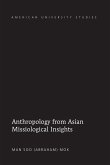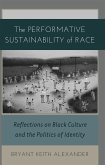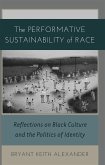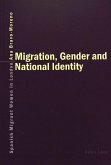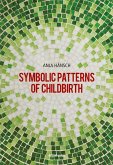Oikos - Domus - Household: The Many Lives of a Common Word describes historic episodes in the lives of these words, from the Greek oikos and Roman domus to our current family and home. The episodes highlight their function as controlling metaphors used very differently from culture to culture, but often as ways to control basic issues, like the context in which women become pregnant and the control of land and its transmission to heirs. This book also describes how these words and their current equivalents, home and family, are used as metaphors to illustrate how people who count are supposed to live and also to justify disinterest in people who do not count.
One of the most important functions of the household is providing a dependable context in which pregnancy can be controlled. It describes how another key interest, continuing the male line, is embodied. Currently family is a politically useful, normative fiction. Family and home have little concrete meaning other than asmetaphors for how people are supposed to live. There is no consistent meaning for these words from one era and one culture to another.
Each episode is described on its own trying to avoid «history by hindsight.» There are no attempts to trace causes from one time or event to another, but rather an attempt, to the limited extent possible, to describe episodes seen within their own contexts and mindsets. However, the fact that women can now have control over their own pregnancy is seen as a radical change in the role and definition of family and household.
One of the most important functions of the household is providing a dependable context in which pregnancy can be controlled. It describes how another key interest, continuing the male line, is embodied. Currently family is a politically useful, normative fiction. Family and home have little concrete meaning other than asmetaphors for how people are supposed to live. There is no consistent meaning for these words from one era and one culture to another.
Each episode is described on its own trying to avoid «history by hindsight.» There are no attempts to trace causes from one time or event to another, but rather an attempt, to the limited extent possible, to describe episodes seen within their own contexts and mindsets. However, the fact that women can now have control over their own pregnancy is seen as a radical change in the role and definition of family and household.
Es gelten unsere Allgemeinen Geschäftsbedingungen: www.buecher.de/agb
Impressum
www.buecher.de ist ein Shop der
buecher.de GmbH & Co. KG
Bürgermeister-Wegele-Str. 12,
86167 Augsburg
Amtsgericht Augsburg HRA 13309
Persönlich haftender Gesellschafter: buecher.de Verwaltungs GmbH
Amtsgericht Augsburg HRB 16890
Vertretungsberechtigte:
Günter Hilger, Geschäftsführer
Christian Sailer, Geschäftsführer
Sitz der Gesellschaft:Augsburg
Ust-IdNr. DE 204210010

